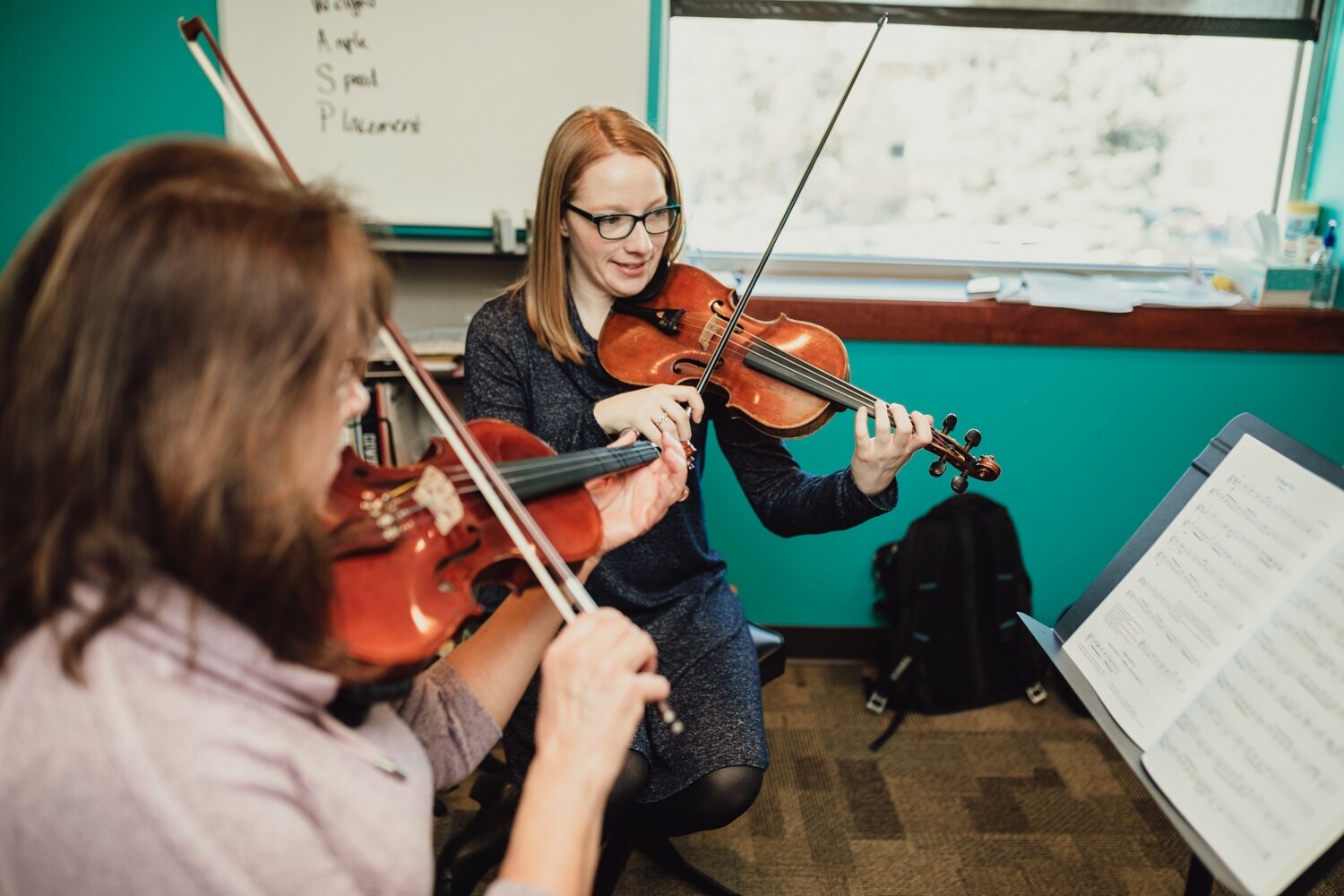Exploring the Intricacies of Neurologic Music Therapy

In the wake of trauma, individuals often grapple with a range of emotions and challenges that can profoundly impact their mental and emotional well-being. Emerging as a powerful therapeutic tool, music lessons have demonstrated a unique ability to unlock creativity and facilitate healing in those who have experienced trauma. This article explores the transformative role of music education in the aftermath of trauma, shedding light on how melodies and rhythms can pave the way for resilience and creative expression.
1. The Impact of Trauma on Creativity:
Trauma, whether stemming from a singular event or prolonged experiences, can leave an indelible mark on the psyche. Among the many areas affected, creativity often bears the brunt of trauma, with individuals experiencing a diminished ability to express themselves, imagine possibilities, and engage in the creative process. Music, as a universal language, has the potential to reignite the spark of creativity, providing a non-verbal outlet for expression that transcends the limitations of language.
2. Music Lessons as a Therapeutic Medium:
Engaging in music lessons following trauma can be a transformative experience. Learning to play an instrument, understanding musical theory, or simply immersing oneself in the act of creating music can serve as a therapeutic medium. Structured music education offers a supportive and structured environment, fostering a sense of accomplishment and providing individuals with a positive outlet for emotional expression.
3. Rhythmic Healing:
The rhythmic components of music, from the steady beat of a drum to the intricate patterns on a piano, have a unique impact on the brain. Rhythm has been shown to synchronize neural activity, promoting relaxation and reducing stress. For individuals dealing with the aftermath of trauma, engaging in rhythmic activities during music lessons can be a powerful means of grounding and centering, offering a reprieve from the chaos of the mind.
4. Expressive Freedom through Musical Language:
Music serves as a language that transcends spoken words. For trauma survivors who may find it challenging to articulate their feelings verbally, music provides a non-threatening means of expression. Through melodies and harmonies, individuals can convey complex emotions, tell their stories, and explore the depths of their experiences without the need for explicit verbalization. This expressive freedom can be profoundly liberating for those on the path to healing.
5. Building Confidence and Self-Efficacy:
Mastering an instrument or honing musical skills requires patience, dedication, and practice. The incremental successes achieved through music lessons contribute to a sense of accomplishment, building confidence and self-efficacy. For individuals who may have experienced a loss of agency in the face of trauma, the empowerment gained through musical achievement can be a crucial step towards reclaiming control over their lives.
6. Creating a Positive Narrative:
Music lessons not only provide an outlet for processing trauma but also assist in the creation of a positive narrative. Through the act of creating music, individuals can shift their focus from the pain of the past to the possibilities of the future. This positive reframing is instrumental in fostering resilience and facilitating a sense of hope and renewal.
In the aftermath of trauma, the journey to healing is multifaceted, and music lessons stand as a testament to the transformative power of the arts. Beyond the acquisition of musical skills, the process of learning and creating music unlocks a reservoir of creativity, resilience, and self-discovery. As trauma survivors embark on the harmonious journey of musical expression, they not only find solace in melodies but also discover a pathway towards reclaiming their narrative, fostering resilience, and unlocking the boundless creativity that resides within.
Face the Music with Us
Many never seek treatment for addiction because of the cost. Face the Music Foundation is looking to help as many people as possible take the financial worry out of addiction treatment so they don’t have to choose between their savings and their sobriety. We need your help to get it done.

